PARTNERSHIPS AND I LOVE READING
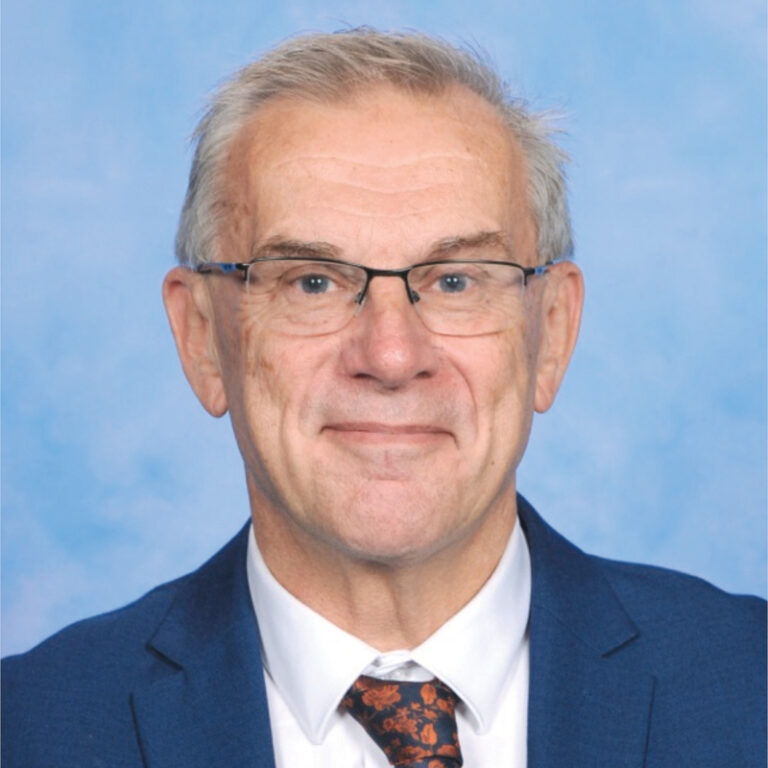
Dirk van Bruggen
Deputy Principal - Click to view Biogrpahy
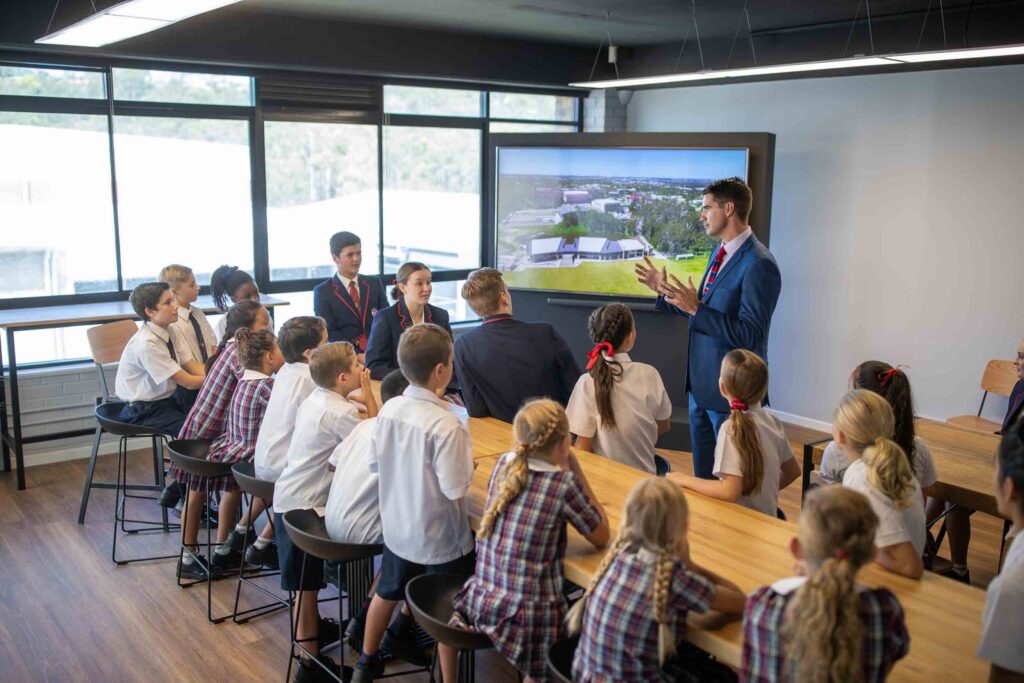
Dirk Van Bruggen
Partnerships
(SESSION THREE)
‘BUILDING CONNECTIONS’ SYNOPSIS
Building global relationships with students from other countries and cultures is incredibly important for today’s students. In our increasingly interconnected world, it is essential that we understand and appreciate the diverse cultures, perspectives, and experiences of people from around the globe.
It is for this reason that Hillcrest Christian College in Queensland, Australia is seeking to forge a strong connection with Jeollanamdo in Korea. We are seeking to connect minds, build bonds, and foster global relationship.
This session will focus on the first stage of building our partnership, which is two schools in Jeollanamdo partnering with Hillcrest to undertake a virtual learning journey to strengthen their literacy skills and understand each other’s culture. This partnership will also involve a cultural journey to Australia that will provide the opportunity for an immersion program in English as well as a hands-on Australian cultural experience. This presentation will outline how the programs will work, and how innovative use of technology can make the student experience engaging, fun and focused on learning.
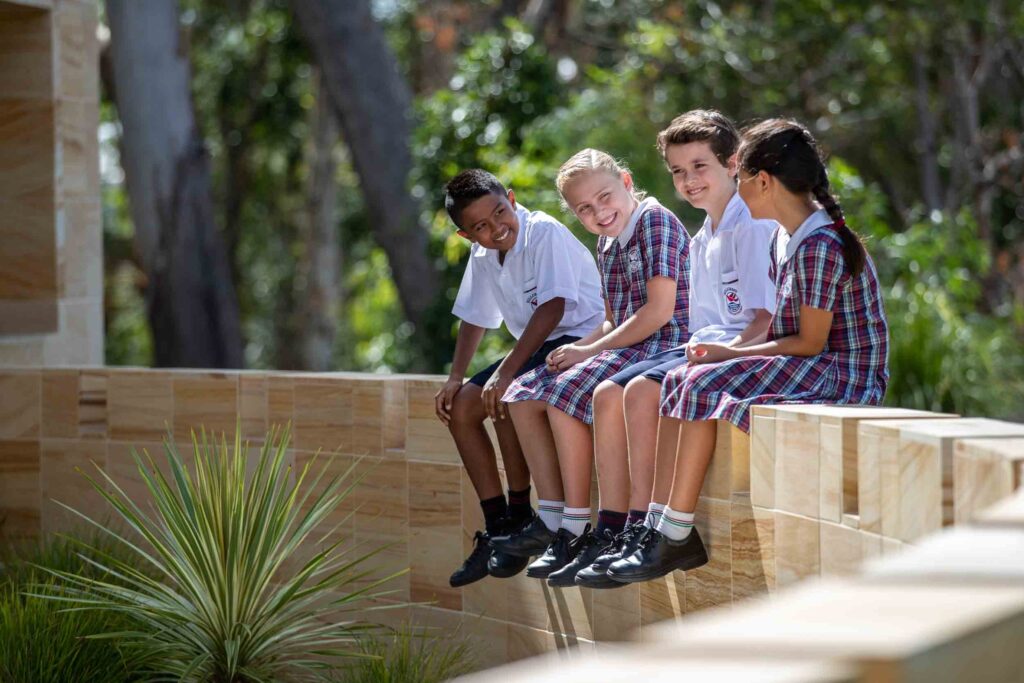
Building Connections
International Partnership
VISION
Our vision in becoming a more culturally aware global community over the next three to five years includes:
- Partner with Jeollanamdo to build bonds and foster global relationships.
- Increasing the opportunity for educational and cultural connections.
- Increasing the multicultural collaboration and understanding in our students.
- Exploring opportunities to send students to Jeollanamdo to learn, serve and grow.
What Hillcrest brings to a partnership:
- Strong history connecting with, and supporting, international students.
- Strong, caring, embracing, and diverse community.
- Flexible leadership.
- Long term partnership.
- Recognition as a national leader in student wellbeing and student care programs.
- World leading expertise in virtual and online learning.
- Over 15 years’ experience in study tours with more than 10 schools.
PROGRAM DETAILS
- 7-month Program, 10 one-hour Sessions
- Korean Middle School (20 students from Year 8)
- Hillcrest Middle Years (20 students from Year 9)
- The Australian Experience
- The Korean Experience (7 days)
VIRTUAL CONNECTIONS
- Students connect via Zoom and the Metaverse.
- Australian students tutor Korean students in speaking better English.
- Korean Students teach Australian students some simple Korean phrases.
- Students share their culture through the unit “My Family and My Community”
- Complete the project “My Community” during their visit to Australia.
THE AUSTRALIAN EXPERIENCE
- Korean students visit Hillcrest and meet their Australian “buddies”.
- A unique experience of learning at Hillcrest’s Beach Campus.
- Activities include English enrichment classes, and Australian cultural experiences.
- Korean students present their virtual community project to the year 9 students at Hillcrest.
- Certificate of Achievement issued with learning achievements (English speaking and reading level, and report on their project).
THE KOREAN EXPERIENCE
- Hillcrest students visit Korea.
- Korean students have an opportunity to “buddy” their Australian visitor.
- Australian student’s experience Korean culture.
- Australian student’s serve in the Korean community.



Michael Collons
Curriculum Developer - Virtual Learning Community
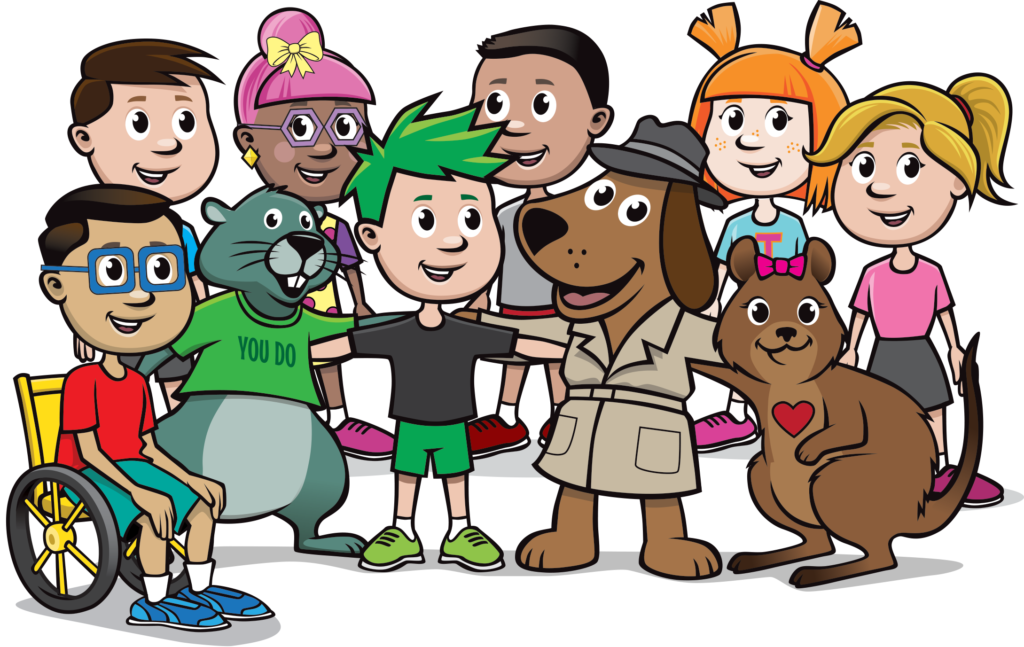
Michael Collins
ILR - I love Reading
(SESSION FOUR)
BIOGRAPHY
Michael Collins is an educator with over 35 years experience. His career has included roles such as Principal of a small school, Education Advisor – Literacy for the Queensland Department of Education, Director of Gifted & Talented Education spanning a period of 12 years, instrumental in the design and delivery of the I Love Reading literacy program in Australian schools, Deputy Principal – Curriculum in the Junior sector of Hillcrest Christian College, and currently part of a dynamic project of both designing and delivering instruction via the Virtual Learning Community.
His formal qualifications include a Diploma of Teaching, Bachelor of Education, and Certificate of Gifted Education at the University of NSW. Michael has also been involved in writing English curriculum and provided teacher training and professional development for State Government initiatives.
He has delivered instruction in multiple contexts including country service areas, a foundational member of a brand-new public school, and the Independent Schools’ sector. Michael’s greatest desire is to see children achieve their full potential and to equip educators with the skills necessary to inspire, instruct, encourage, and mentor students to become productive citizens and lifelong learners.
‘I LOVE READING’ SYNOPSIS
The I Love Reading Program was designed to develop young people who can read to learn, build skills for their future, and lead with integrity and purpose to shape a better world for all humankind. This presentation will explore the fundamentals of The Program, and introduce some practical tips for teaching English and developing literacy skills.
This session will also discuss the practical application of the skills and pedagogy used to accelerate English acquisition, introduce some of the purpose built Phonetic Code sounds, and illustrate how The Program teaches in real-time. Audiences will have the opportunity to learn and perform a famous Australian phrase: “Aussie, Aussie, Aussie! Oi, Oi, Oi!”
What Is I Love Reading?
The I Love Reading is a unique literacy program designed to facilitate the rapid learning of reading English. This program takes the complexity out of the English language and makes decoding words easier and faster by helping early learners to grasp the English language from a young age. The Program takes the English Phonetic Code and packages it into a practical and easily understood resource for literacy development.
Through The Program, students quickly move from ‘Learning to Read’ to ‘Reading to Learn’. The rate of learning increases and the learning environment becomes a place of engaged students exploring educational concepts, skills, and ideas – years ahead of their expected levels. We have developed a number of frameworks to support schools (including early learning), educators, parents, and tutors:
Schools
Educators implementing The Program into their learning spaces. Early Learning Early Childhood educators who have the opportunity to expose children to reading concepts through play.
Parents
Parents who wish to encourage and support their child on the journey of learning to read.
Tutors and Other Educators
Tutors who teach individual or small groups of students including those learning English as a second language.
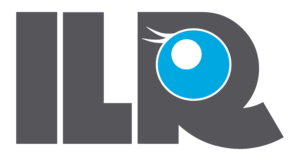
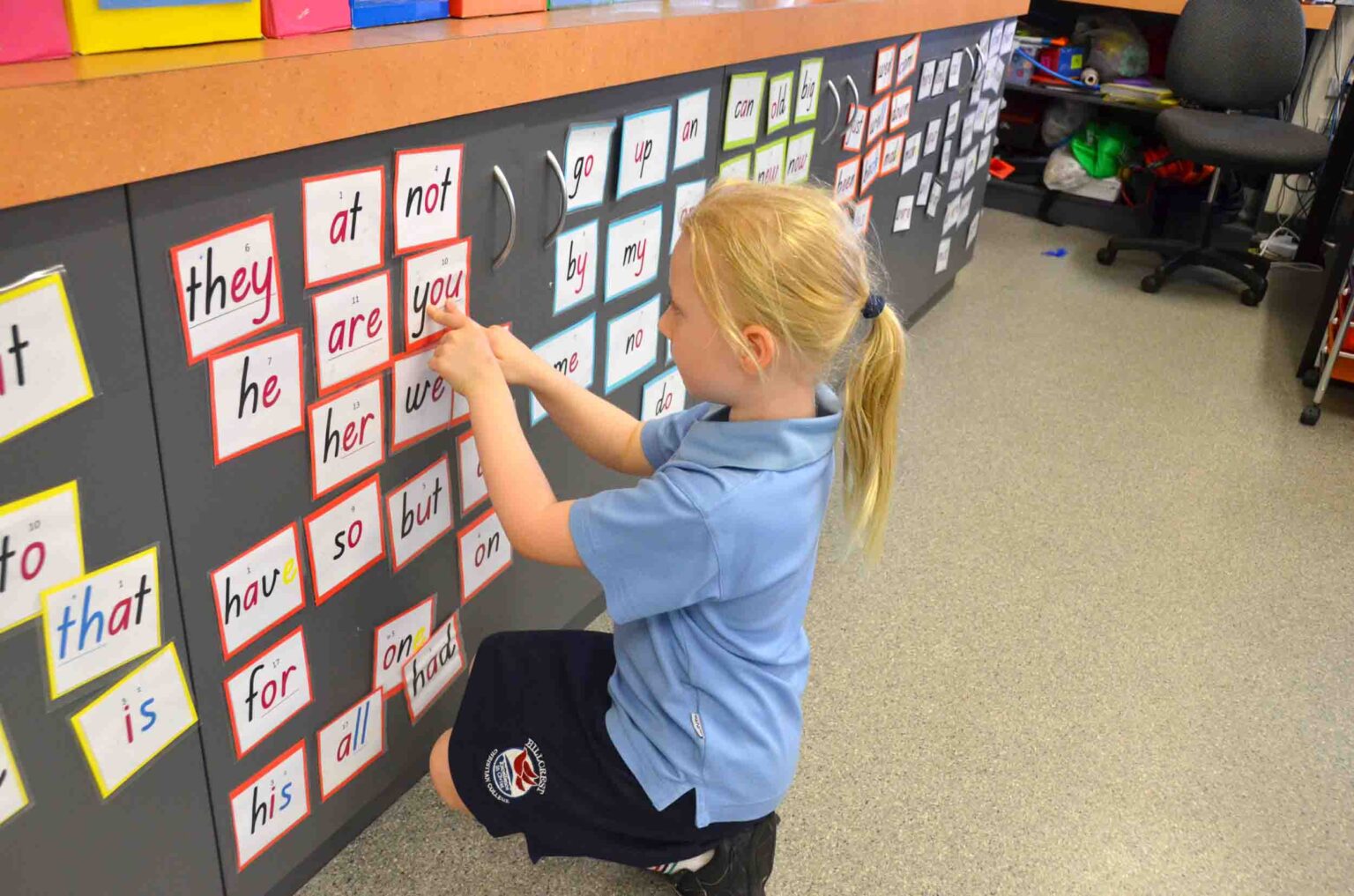
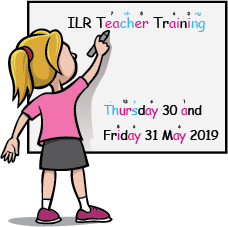

Sarah Lim
SL Education
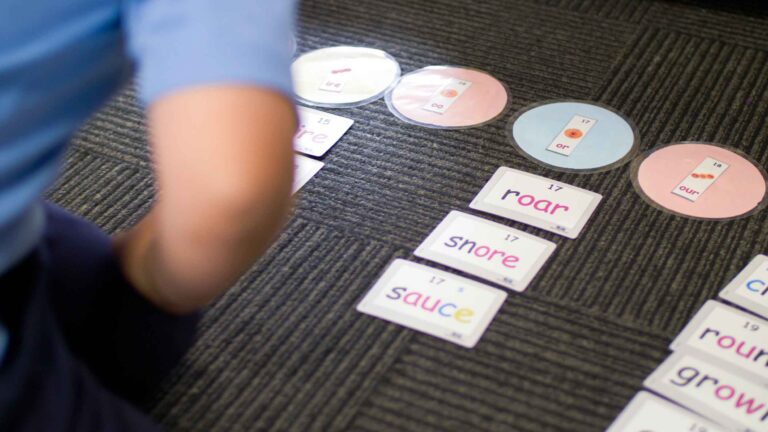
How Does I Love Reading Work?
The English Language has numerous and conflicting rules for reading and spelling. The Program uses a unique colour and number system to identify the key phonetic sounds in the English language.
Comprising 22 vowel sounds, 18 consonant sounds, and 7 digraph sounds, The Program uses a system of universally recognised colours and numbers, to allow every English sound and word to be ‘read’.
HOW DOES I LOVE READING FIT WITHIN THE EARLY YEARS LEARNING FRAMEWORK?
The Program involves short, sharp sessions of intentional teaching of skills to facilitate the reading process. This approach gives increased opportunities for creativity, open ended investigation and student-driven learning. The Program helps develop a learning environment which fosters effective communication and encourages children to be confident and involved learners.
WHY CHOOSE I LOVE READING?
The Program is leading a new learning paradigm which challenges the slow transition of school systems from the archaic industrial model to the 21st Century digitally enabled learning environment. Both individual student and classroom results show that the rate of learning English using The Program is significantly higher than conventional methods or programs.
By the end of their first year of learning to read, students have generally progressed one and a half, to two years ahead in their literacy understanding. The Program is a fun, innovative and practical tool, which parents and teachers can learn quickly and implement with confidence.
